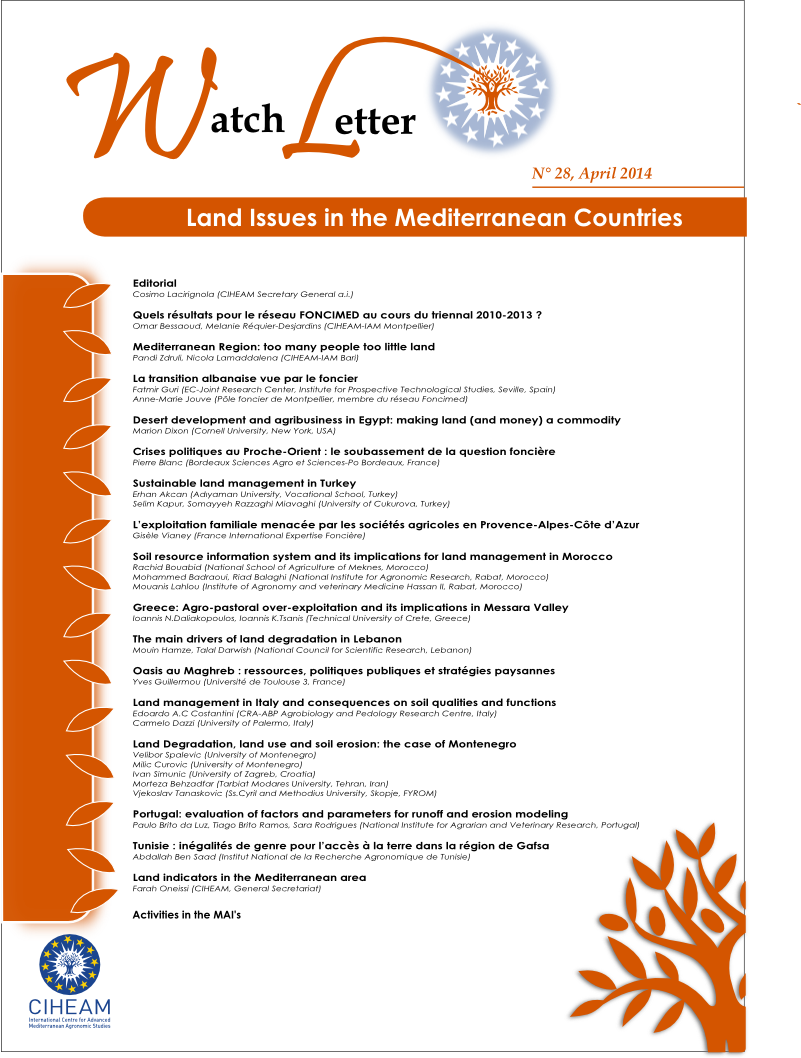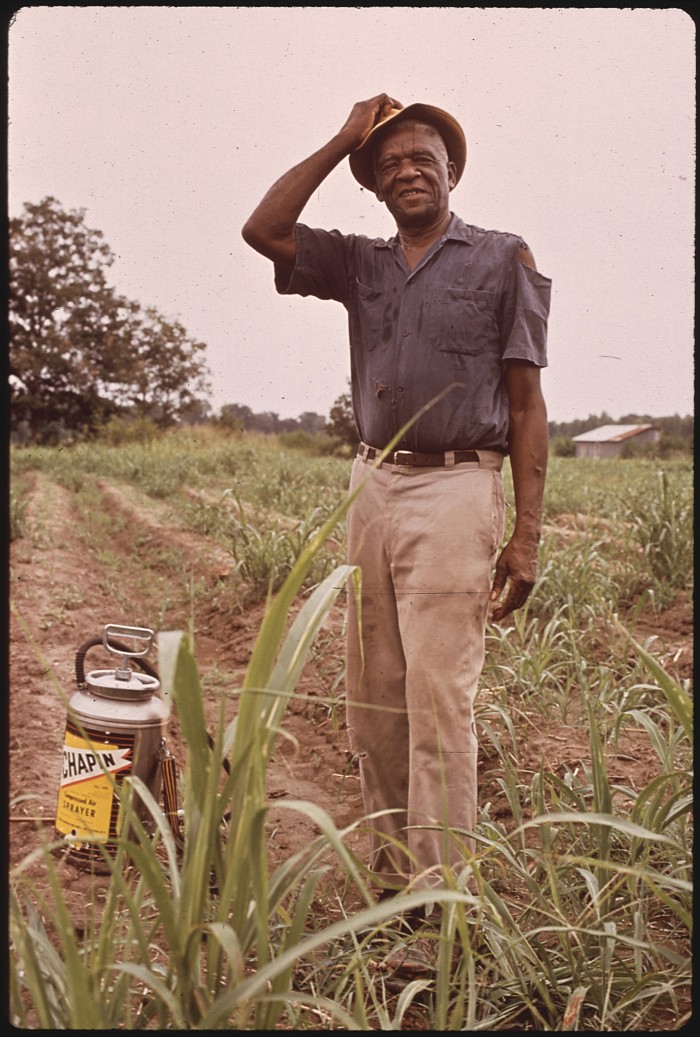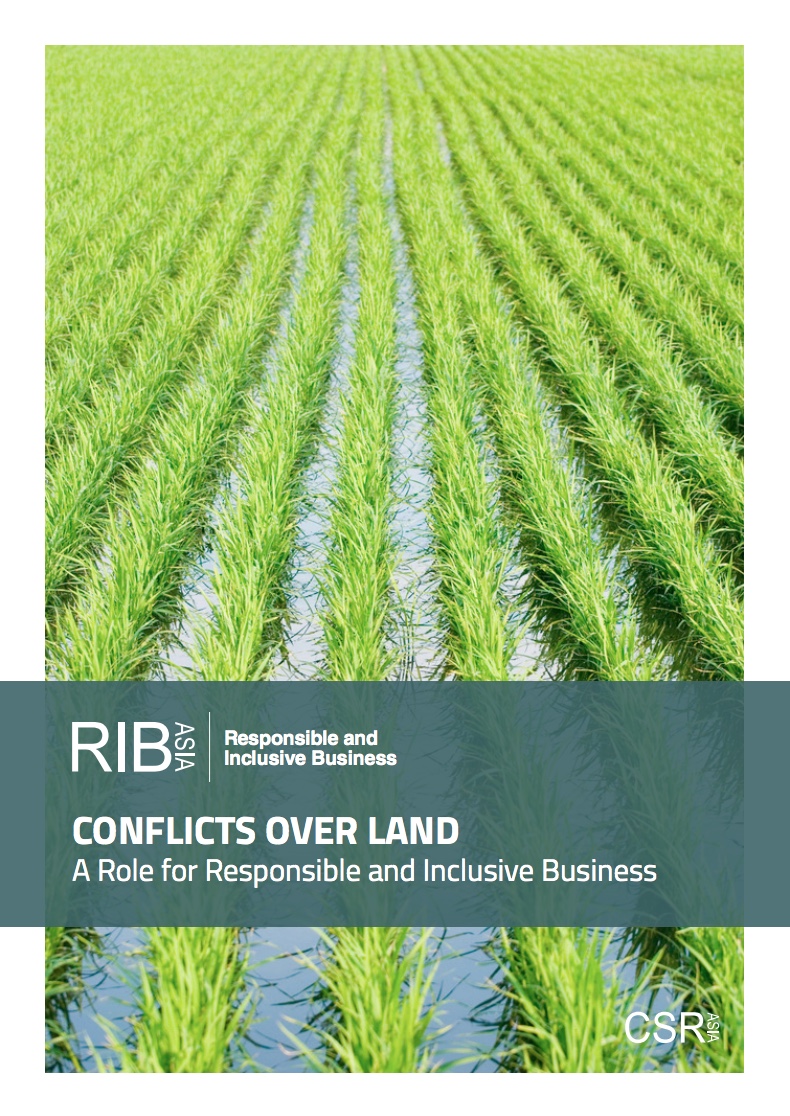Gender and equity implications of land-related investments - Case of study - Zambia (FAO 2013)
In recent years, Zambia has witnessed increased interest from private investors in acquiring land for agriculture. As elsewhere, large-scale land acquisitions are often accompanied with promises of capital investments to build infrastructure, bring new technologies and know-how, create employment, and improve market access, among other benefits
A Case Study of Selected Agricultural Investments in Zambia (2013)







